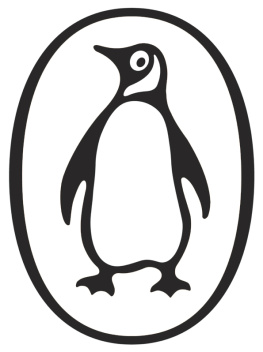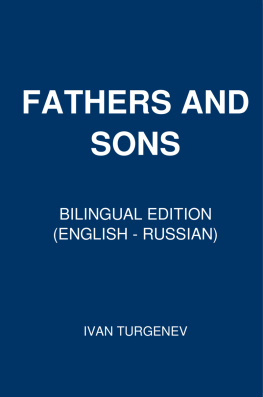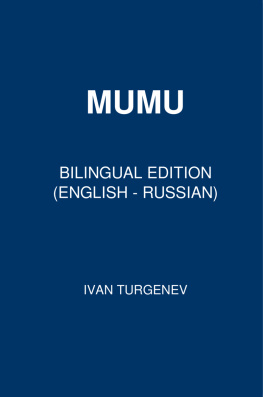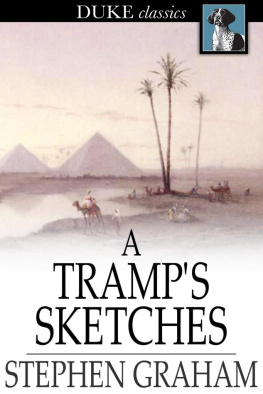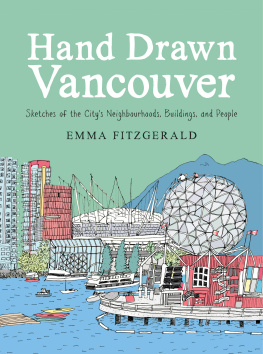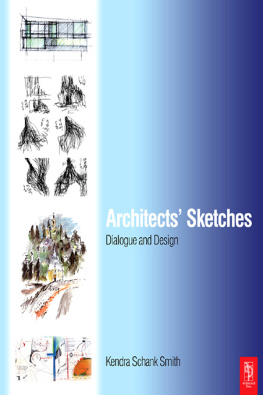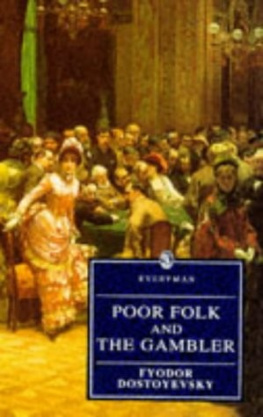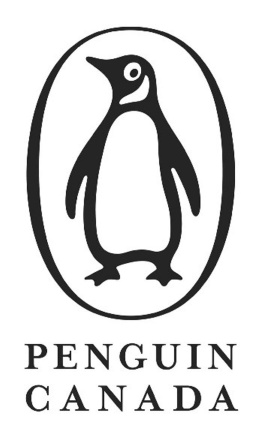
SKETCHES FROM A HUNTERS ALBUM
IVAN TURGENEV, Russian novelist, was born in Oryol in 1818, and was the first Russian writer to enjoy an international reputation. Born into the gentry himself, and dominated in his boyhood by a tyrannical mother, he swore a Hannibals oath against serfdom. After studying in Moscow, St Petersburg and Berlin (183841), where he was influenced by German Idealism, he returned to Russia an ardent liberal and Westernist. He gained fame as an author with a series of brilliant, sensitive pictures of peasant life. Although he had also written poetry, plays and short stories, it was as a novelist that his greatest work was to be done. His novels are noted for the poetic atmosphere of their country settings, the contrast between hero and heroine, and for the objective portrayal of heroes representative of stages in the development of the Russian intelligentsia during the period 184070. Exiled to his estate of Spasskoye (18525) because of his Sketches, he later wrote Rudin (1856), Home of the Gentry (1859), On the Eve (1860) and Fathers and Sons (1862), but was so disillusioned by the obtuse criticism which greeted this last work that he spent the rest of his life abroad at Baden-Baden (186270) and in Paris (187183). His last novels, Smoke (1867) and Virgin Soil (1877), lacked the balance and topicality of his earlier work. He died in Bougival, near Paris, in 1883.
RICHARD FREEBORN, Emeritus Professor of Russian Literature at the University of London, was previously Professor of Russian Studies at Manchester University, a visiting Professor at the University of California at Los Angeles, and for ten years Hulme Lecturer in Russian at Brasenose College, Oxford, where he graduated. He has published widely on Russian literature including Turgenev, A Study, The Rise of the Russian Novel and The Russian Revolutionary Novel, and was awarded a D.Lit. in 1984 by the University of London for his scholarly contributions to his subject. More recently he has completed a study of the famous Russian critic, Vissarion Belinskii. His other translations of Turgenev include Home of the Gentry (Penguin Classics), Rudin (Penguin Classics), First Love and Other Stories, A Month in the Country and Fathers and Sons. He has also translated Dostoevskys An Accidental Family (Podrostok).
IVAN TURGENEV
SKETCHES FROM A HUNTERS ALBUM
TRANSLATED WITH AN
INTRODUCTION AND NOTES BY
RICHARD FREEBORN

PENGUIN BOOKS
Published by the Penguin Group
Penguin Books Ltd, 80 Strand, London WC2R 0RL, England
Penguin Putnam Inc., 375 Hudson Street, New York, New York 10014, USA
Penguin Books Australia Ltd, 250 Camberwell Road, Camberwell, Victoria 3124, Australia
Penguin Books Canada Ltd, 10 Alcorn Avenue, Toronto, Ontario, Canada M4V 3B2
Penguin Books India (P) Ltd, 11 Community Centre, Panchsheel Park, New Delhi 110 017, India
Penguin Books (NZ) Ltd, Cnr Rosedale and Airborne Roads, Albany, Auckland, New Zealand
Penguin Books (South Africa) (Pty) Ltd, 24 Sturdee Avenue, Rosebank 2196, South Africa
Penguin Books Ltd, Registered Offices: 80 Strand, London WC2R 0RL, England
www.penguin.com
The following stories were first published, in this translation, in
1967, under the same title: Khor and Kalinych, Yermolay and the
Millers Wife, Bezhin Lea, Kasyan from the Beautiful Lands,
Bailiff, Two Landowners, Death, Singers, Meeting, Hamlet
of the Shchigrovsky District, Living Relic, Clatter of Wheels,
Forest and Steppe, The Russian German and The Reformer and the
Russian German.
Translation, Introduction and Notes copyright Richard Freeborn, 1967
The following stories are first published in this translation,
1990: Raspberry Water, District Doctor, My Neighbour Radilov, Farmer
Ovsyanikov, Lgov, The Office, Loner, Lebedyan, Tatyana
Borisovna and her Nephew, Pyotr Petrovich Karataev, Chertopkhanov
and Nedopyuskin and The End of Chertopkhanov.
Translation, Introduction and Notes copyright Richard Freeborn, 1990
17
Except in the United States of America, this book is sold subject
to the condition that it shall not, by way of trade or otherwise, be lent,
re-sold, hired out, or otherwise circulated without the publishers
prior consent in any form of binding or cover other than that in
which it is published and without a similar condition including this
condition being imposed on the subsequent purchaser
EISBN: 9781101491423
CONTENTS
INTRODUCTION

Turgenevs Sketches were originally published in the Russian journal The Contemporary between 1847 and 1851. In 1852 they were published for the first time in a separate edition a circumstance that led to Turgenevs arrest, followed by exile to his estate of Spasskoye. Much later, during the last decade of his life, he added further Sketches to those already published, with the result that the total number of such Sketches reached twenty-five.
This full translation has been given the title Sketches from a Hunters Album, rather than the slightly more usual and perhaps slightly less accurate title A Sportsmans Sketches or A Sportsmans Notebook, etc., because Turgenevs work, although usually transliterated as Zapiski okhotnika and literally meaning Notes of a Hunter, is not so much about hunting as about the rural world of Russia that he knew so well. It is essentially an album of pictures drawn from Russian country life in the period prior to the Emancipation of the serfs in 1861. The manner and spirit of the original work are, to my mind, most appropriately conveyed by emphasizing the compact, pictorial quality which the word Album can suggest. This translation has aimed at completeness, both by including all the Sketches omitted from the first edition published under this title (Penguin Classics, 1967) and by including in an Appendix the fragments which are now generally regarded as forming part of the work as a whole.
Ivan Sergeyevich Turgenev was born in Oryol, some two hundred or so miles south of Moscow, in 1818. He spent his boyhood on his mothers estate of Spasskoye. Here he naturally learned about the injustices of the serf system as well as experiencing its brutalities through the frequent beatings meted out to him by his mother. He survived such domestic tyranny, concealed though it may have been behind a faade of civilized values, but the experience taught him to detest all tyrannies, especially the tyranny of serfdom and the political tyranny of Tsarist absolutism. Apart from some indifferent home teaching and schooling, he received a higher education at the universities of Moscow and St Petersburg and then went abroad, to Berlin University, at the end of the 1830s. The experience of western Europe turned him into a convinced advocate of European civilization. He returned to Russia in 1841 as a Westernizer or Westernist (zapadnik) and remained true to that conviction for the rest of his life. Westernists, it should be explained, were those members of the Russian intelligentsia who were committed to the belief that Russia should be westernized, following the initiative already taken in this respect by Peter the Great at the beginning of the eighteenth century. They were opposed by the Slavophiles, who wished to reject western influences and based their hopes for Russia on the Orthodox Church and the presumed spiritual and social superiority of things Russian.
Next page
